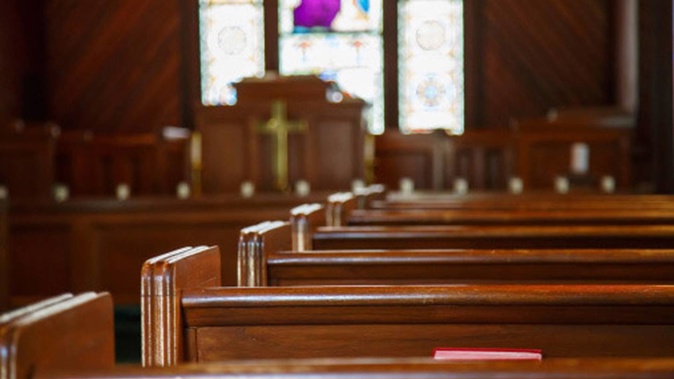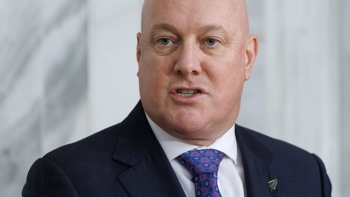

Religious groups who say restrictions on gatherings during Covid-19 breached their right to worship are continuing their legal battle against the Government.
Free To Be Church Trust, on behalf of several religious groups, say restrictions under the red traffic light setting during the pandemic, and the Government’s failure to review them sooner, was a breach of human rights.
Their case has been before the Court of Appeal in Wellington this week, a year after their initial bid in the High Court fell short.
The group have argued the decision to continue restrictions on gatherings after February 2022 was not “demonstrably justified”, saying the policy needed a “recalibration” when public health information advanced after the arrival of the Omicron variant.
They’ve once again taken the Minister for Covid-19 response and the Director General of Health to court over the rules, including gathering restrictions and need for Covid vaccination certificates.
Justice Cheryl Gwyn’s August 2022 decision ruled the Government was justified in its decision to continue restrictions on churches from holding large gatherings during the red traffic light setting.
These measures included imposing limits on the size of gatherings depending on if attendees had Covid vaccination certificates (CVCs), which were a point of argument at the hearing in Wellington this week.
During this time, just 25 people who did not have CVCs could gather as opposed to 100 who held CVCs.
The church groups believe this impinged on their human rights and claim a breach in the New Zealand Bill of Rights Act - specifically of section 15, manifestation of religion of belief.
It states every person has the right to manifest their religion or belief in worship, observance, practice or teaching either individually or in community with others, and either in public or private.
/cloudfront-ap-southeast-2.images.arcpublishing.com/nzme/KADL45QN7JE2HN5CX4OB6CVRP4.jpg)
The hearing was held this week at the Court of Appeal in Wellington. Photo / Mark Mitchell
Lawyers Paul Rishworth KC and Lucila van Dam, on behalf of the trust, made their case before Justices Murray Gilbert, David Goddard, and Sarah Katz.
“Of course, evidence was emerging... that’s not contested, but the government was capable of making decisions based on less than favourable evidence throughout the pandemic,” van Dam said.
Rishworth told the court the groups sought a declaration the minister failed to amend the limitations in a rational time frame, specifically mid-February last year.
They argued data showed it would have been safe to increase gathering numbers, and the failure to do so impacted religious groups unfairly.
Van Dam said it impacted their clients’ “important and fundamental right to worship”.
Lawyer Bronagh McKenna, on behalf of the Covid Minister and Director General of Health, argued the decision of the high court should be upheld.
McKenna said decision-making was done as promptly as possible under difficult circumstances, especially with uncertainty around the impact of Omicron on a “Covid naive” population.
“It simply would not have been possible to conduct this relative risk assessment base on what they had at the time,” McKenna said.
“Officials should be given the space to properly assess options and properly brief the minister... so they can make the best decisions for the country.”
Justice Gwyn said in her 2022 decision while it was true the applicant’s right to manifest their religion had been limited, the benefits achieved by the limitations outweigh the significance of the limitation.
“There was a rational connection between the restrictions and their object of decreasing the spread of Covid-19,” Justice Gwyn said.
The decision of the court was reserved and will be released at a later date.
Hazel Osborne is an Open Justice reporter for NZME and is based in Te Whanganui-a-Tara, Wellington. She joined the Open Justice team at the beginning of 2022, previously working in Whakatāne as a court and crime reporter in the Eastern Bay of Plenty.

Take your Radio, Podcasts and Music with you









